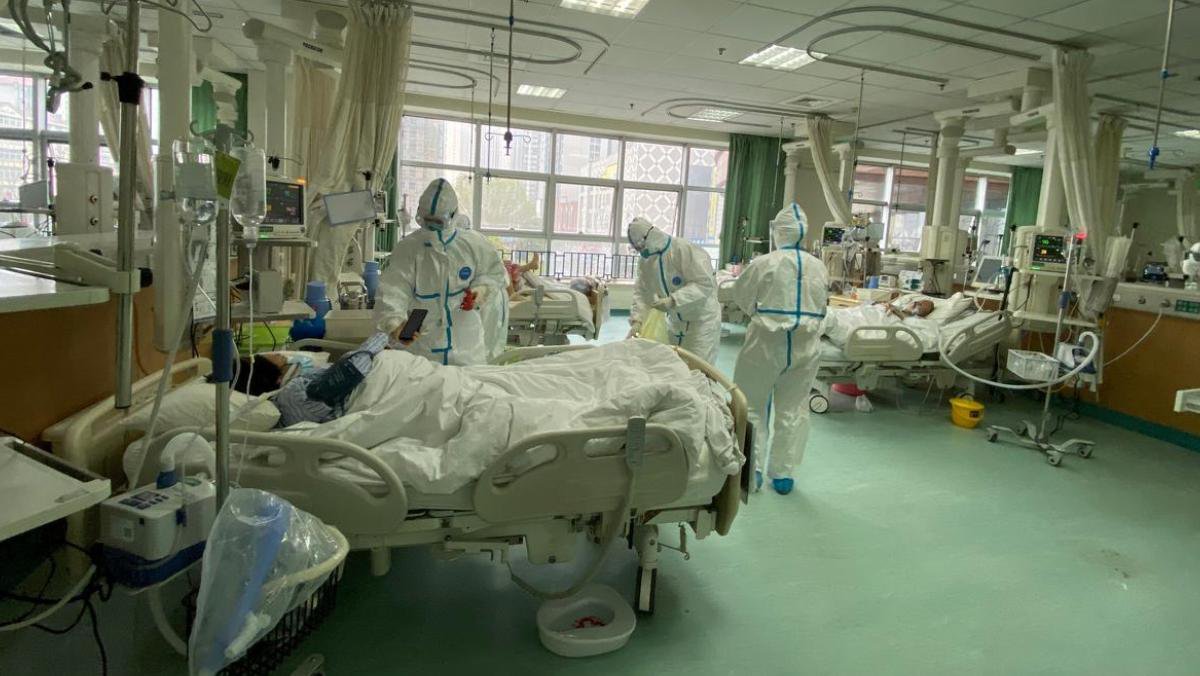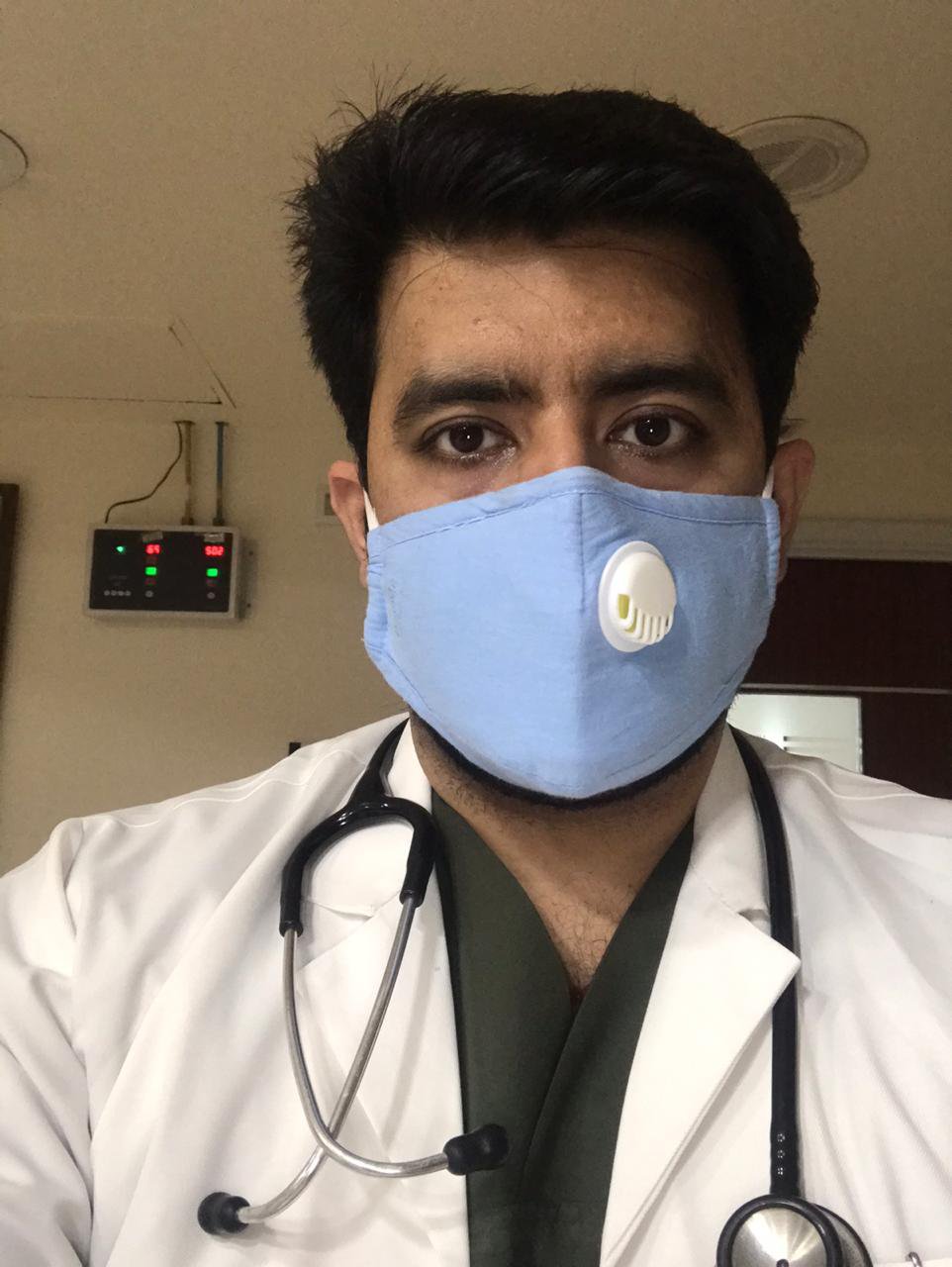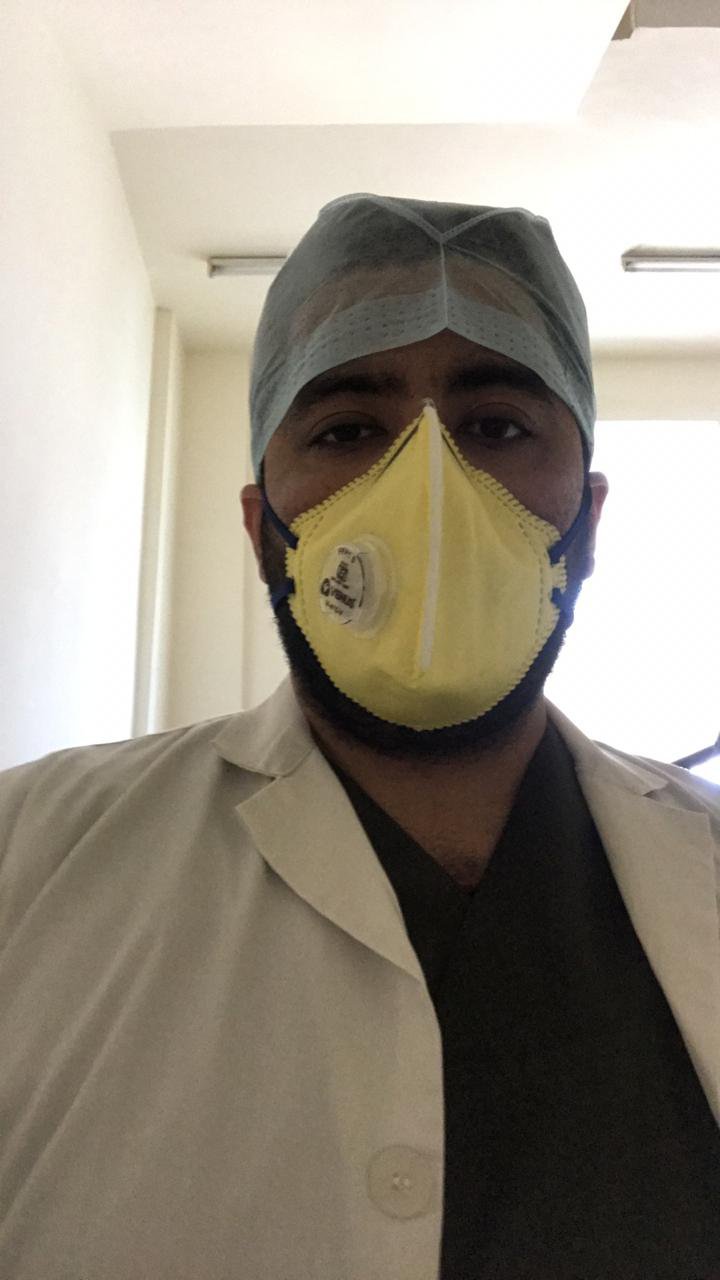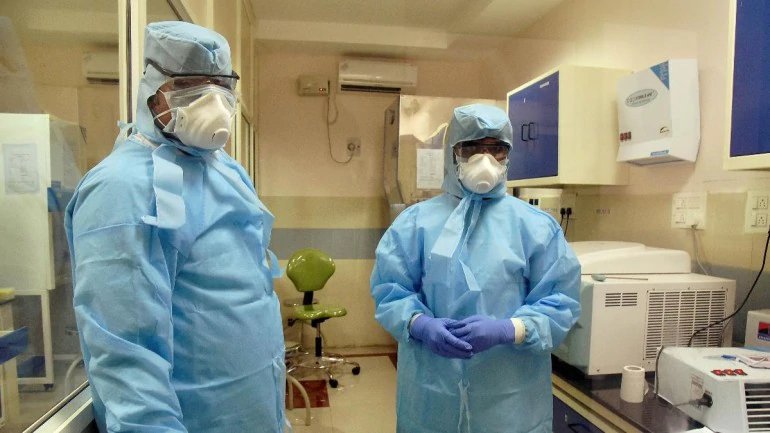The ongoing pandemic will undoubtedly be remembered as one of the most difficult phases in humanity’s history. Beyond the tragic deaths and the lockdown, some people are struggling to keep their jobs while others are just struggling to go home.
And in the midst of all this, there are those, who are putting their lives on the line, the doctors, nurses, healthcare workers who are fighting to save the lives of others, in the battle against Covid-19.

Dr. Lavanya Sharma is one such doctor.
He has been out there treating patients, while staying away from his own home. It’s been more than a month since he last visited his family in Narnaul, Haryana. He says:
My biggest dilemma right now is when should I go home and when should I not. It’s been more than a month since I hugged my 5-month old son. Because he’s so small he’s just started to recognise me and now, because I can’t be around people without a mask, he just can’t recognise me.
Having said that, Dr Sharma has always been of the belief that it’s a doctor’s duty to be there for his patients, nothing ideally, should stop him from reaching out to those in need.

And while he does struggle at times with being isolated from his family, it doesn’t bother him as much as fighting for a PPE does.
For most of the initial phase of battling the virus, the doctors had to fight for basic protection gear. But thankfully, since last one week, we have reached a stage where each doctor at least has access to the PPEs.
But the task of being a frontline healthcare worker is fraught with other risks, the chief among them being asymptomatic patients.
Every precaution seems like it isn’t enough, because it’s hard to discern who is Covid positive and who isn’t.

He gives a recent example of how one of his patients with Typhoid was tested Covid-19 positive, which led to his whole team to be in quarantine for 14 days.
One of my patients was being treated for Typhoid, and didn’t have any Covid symptoms, but despite the medication and treatment wasn’t recovering. So we decided to test him for the Novel Coronavirus and he tested positive. Since then everyone in the team was put in quarantine.
Then there’s the constant fear that the virus will infect someone closer to home, maybe one of his colleagues, or maybe even himself.
But it’s the feeling of loneliness that trumps everything else. Being a doctor used to give you certain prestige, but now, it’s more like a stigma.
The people in my neighbourhood whom I used to talk to on an almost everyday basis have stopped talking to me. Whenever I’m parking my car, I see the aunty, who is my neighbour, instantly gets up from her chair on the balcony and goes inside latching her door and windows. People feel that it’s going to be me who will spread the virus in my society and there’s nothing much that I can do about it.

Stories like Dr Sharma’s aren’t unheard in this time of rumours. Yet, as disheartening as this is, and as much as the pandemic has changed everything for him, Dr. Sharma knows he doesn’t want to run away from it all.
As he said in his last line of our interview with him, “There’s no going back now. It’s my duty and I have to do it.”
As we head into what we hope is the final stages of the lockdown and pandemic, we thank Dr Sharma and the thousands of doctors around the country for their efforts at the frontline.

















